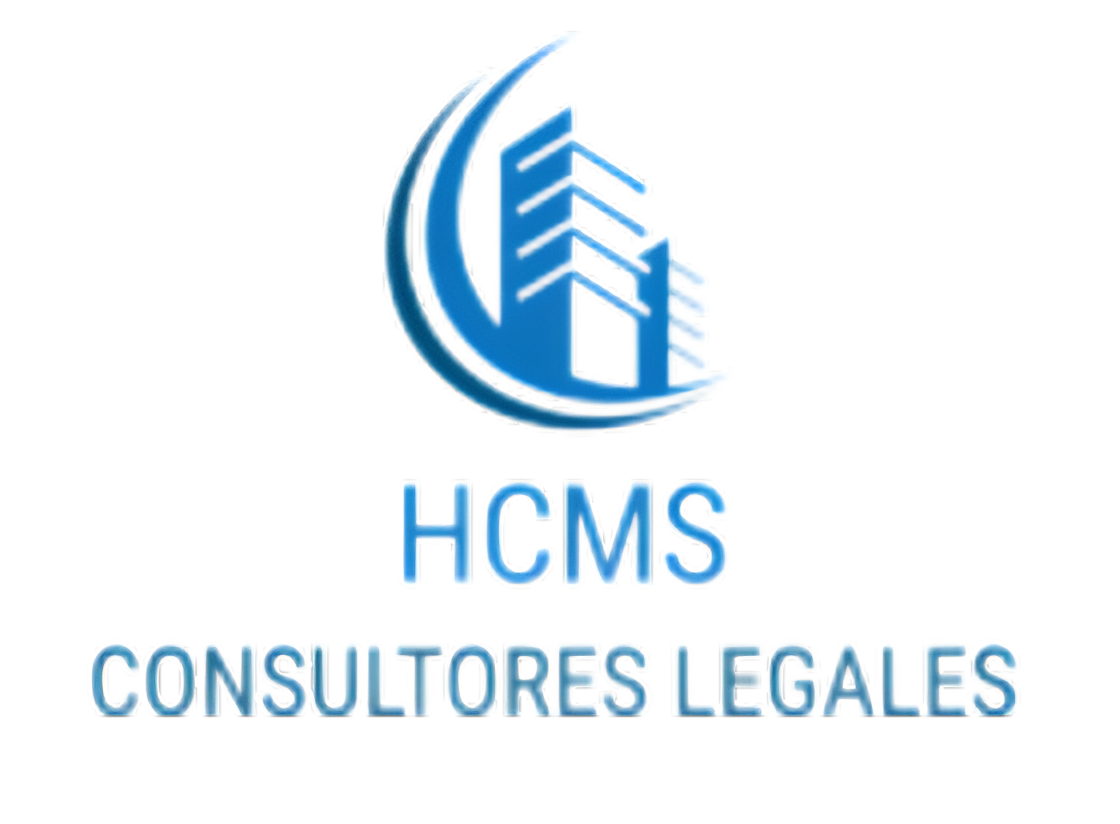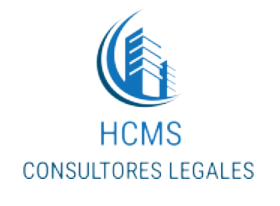Update on the EU High-Risk Countries List: Nigeria and South Africa Newly Included, Morocco and Cambodia Removed.
The update made by the European Commission regarding its list of countries with “strategic deficiencies” in the fight against money laundering and terrorist financing has a significant impact on the importance of obligated entities for compliance with European legislation. Here are the key points summarized:
Actualización legislativa
- Impact on Obligated Entities: Obligated entities, such as companies and financial institutions, must pay special attention to this update. The inclusion of Nigeria and South Africa on the list of high-risk countries indicates that financial and commercial transactions with these jurisdictions may require closer scrutiny. This could result in increased compliance burden and the need to strengthen due diligence procedures.
- Heightened Due Diligence: Companies engaging in transactions with entities or individuals in Nigeria and South Africa must exercise greater caution in their business activities. This entails conducting more thorough due diligence, verifying the legitimacy of transactions, and ensuring compliance with relevant regulations in the EU.
- Improvement in National Regulations: The inclusion of these countries on the high-risk list may pressure the affected jurisdictions to strengthen their laws and regulations against money laundering and terrorist financing. This could lead to improvements in their legal and regulatory systems in the future.
- Importance of Staying Updated: For obligated entities, it is essential to stay informed about these updates and adjust their compliance policies and procedures accordingly. This ensures they are complying with European regulations and mitigating risks associated with international transactions.
- Significant Changes in the High-Risk Country List: The European Commission’s decision to remove Morocco and Cambodia from the blacklist and add Nigeria and South Africa indicates that jurisdictions deemed high-risk can change over time. This highlights the importance for obligated entities, such as companies and financial institutions, to be vigilant about these updates and adjust their compliance policies and procedures accordingly.
- Need for Ongoing Due Diligence: Obligated entities must conduct ongoing due diligence in their international transactions, as the inclusion of new countries on the high-risk list may affect how business operations are conducted. This requires increased attention to verifying the legitimacy of transactions and complying with European regulations.
- Impact on Regulatory Compliance: The inclusion of Nigeria and South Africa on the high-risk country list means that companies engaging in transactions with entities or individuals in these jurisdictions must be prepared for increased scrutiny. It is crucial that entities comply with European regulations on anti-money laundering and terrorist financing.
- Importance of Following International Standards: The update of the European list reflects decisions made at the international level by the Financial Action Task Force (FATF), an international body that promotes global measures in the fight against money laundering and terrorist financing. This underscores the relevance of following international standards for regulatory compliance.
- Update Process and Potential Objections: It is important to note that the formal update of the list will occur after a one-month period, during which EU Member States and the European Parliament may raise objections. This means that changes may be subject to discussion and additional adjustments, highlighting the importance of staying informed and prepared for changes in regulatory compliance.
Obligated entities must be aware of updates to the EU’s high-risk country list and be prepared to adjust their compliance policies and procedures accordingly. This ensures they are complying with European regulations and mitigating risks associated with international transactions in an ever-evolving environment.
The update of the EU’s high-risk money laundering country list underscores the importance of due diligence and regulatory compliance in international transactions. Obligated entities must be aware of these developments and take additional measures to ensure compliance with European legislation in this area.
Our Anti-Money Laundering Prevention Training has already been received by more than 10000 Professionals Contact us and we will provide you with advice
The training courses are delivered by our lawyers and auditors who are experts in the field











